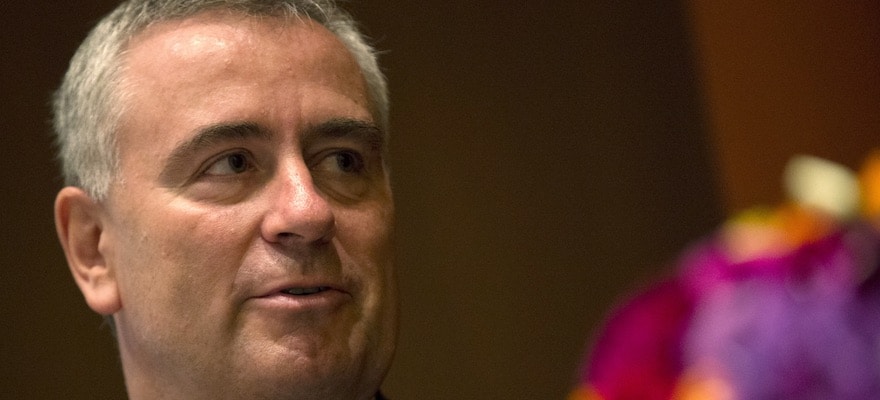Deutsche Börse reported its Q1 2017 earnings, disclosed a string of positive metrics across its myriad business segments. The latest release corroborated a recent seen in the institutional space that saw an uptick in revenues despite some notable headwinds and mitigated Volatility .
The London Summit 2017 is coming, get involved!
Looking at Deutsche Börse’s latest earnings release, Q1 struck a much-needed chord with investors who have grown accustomed to weakened volumes and revenues. As such, Deutsche Bank’s net revenue inched higher to $676.7 million (€623.4 million) in Q1 2017, up 2.0 percent year-over-year from €610.5 million in Q1 2016. This increase was attributed to growth in the fixed income space, confined to derivatives at Eurex as well as Clearstream.
Fixed Income Gives Boost
While volatility was a significant factor for Deutsche Börse’s overall revenues, the performance of its fixed income sector compensated for the dwindling volumes of its equity and index derivatives business. In terms of its operating costs, Deutsche Börse’s saw a figure of $304.3 million (€280.3 million) in Q1 2017, locked into a tight consolidation relative to the year prior with Q1 2016 seeing $303.5 million (€279.8 million), a marginal increase in a year-over-year basis.

Bloomberg
Moreover, Deutsche Börse’s adjusted net profits also orchestrated a climb to $252.2 million (€232.2 million), higher by a factor of 5.0 per cent year-on-year from $240.4 million (€221.3) in Q1 2016. Earnings were adjusted for non-recurring effects of $31.7 million (€29.2 million) related to operating costs, which was due to mergers.
According to Gregor Pottmeyer, Chief Financial Officer of Deutsche Börse AG, in a statement on the earnings: “Thanks to our diversified business model and effective cost management we were able to compensate low equity market volatility in the first quarter and report solid earnings growth. Furthermore, we see Deutsche Börse Group as very well positioned to achieve structural growth and benefit from further improving cyclical conditions in 2017. We therefore affirm our guidance of double-digit earnings growth.”
“With the planned €200 million share buyback programme in the second half of 2017, we are pursuing a balanced approach regarding the use of the proceeds from the sale of ISE of around €1 billion. Besides the share buybacks, we are envisaging to primarily use those funds for organic as well as value accretive external growth,” added Mr. Pottmeyer.


















